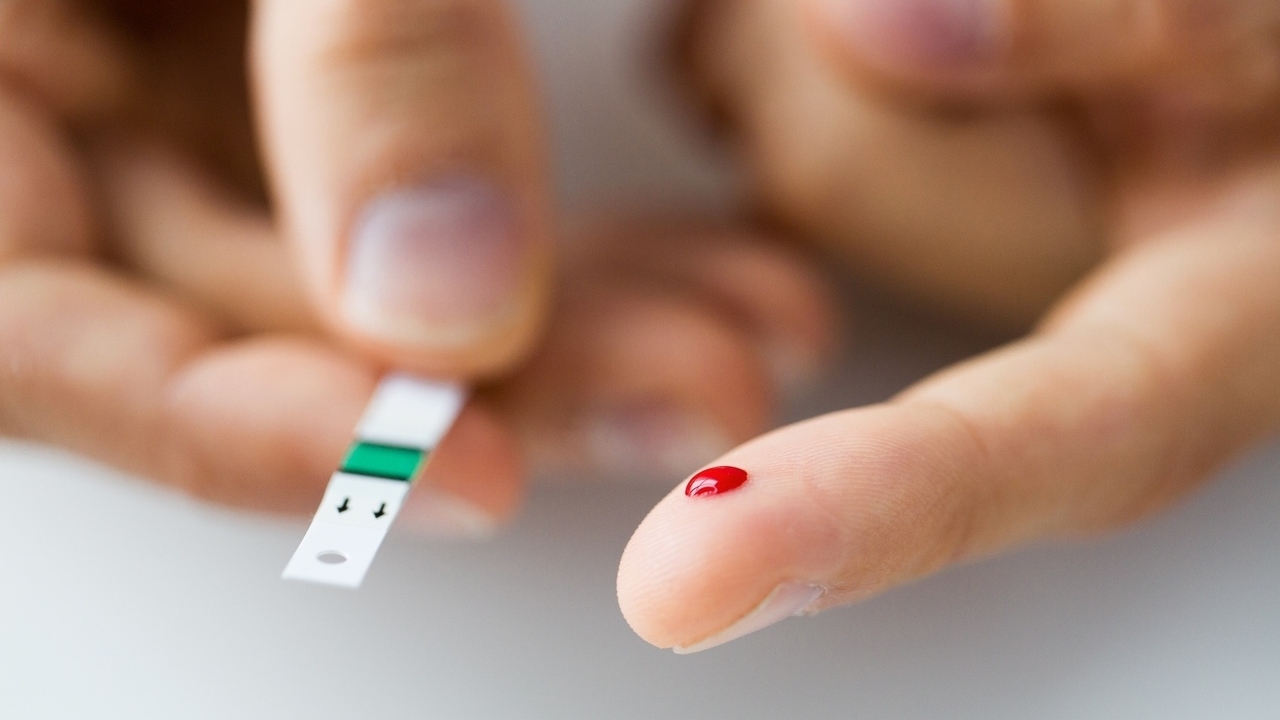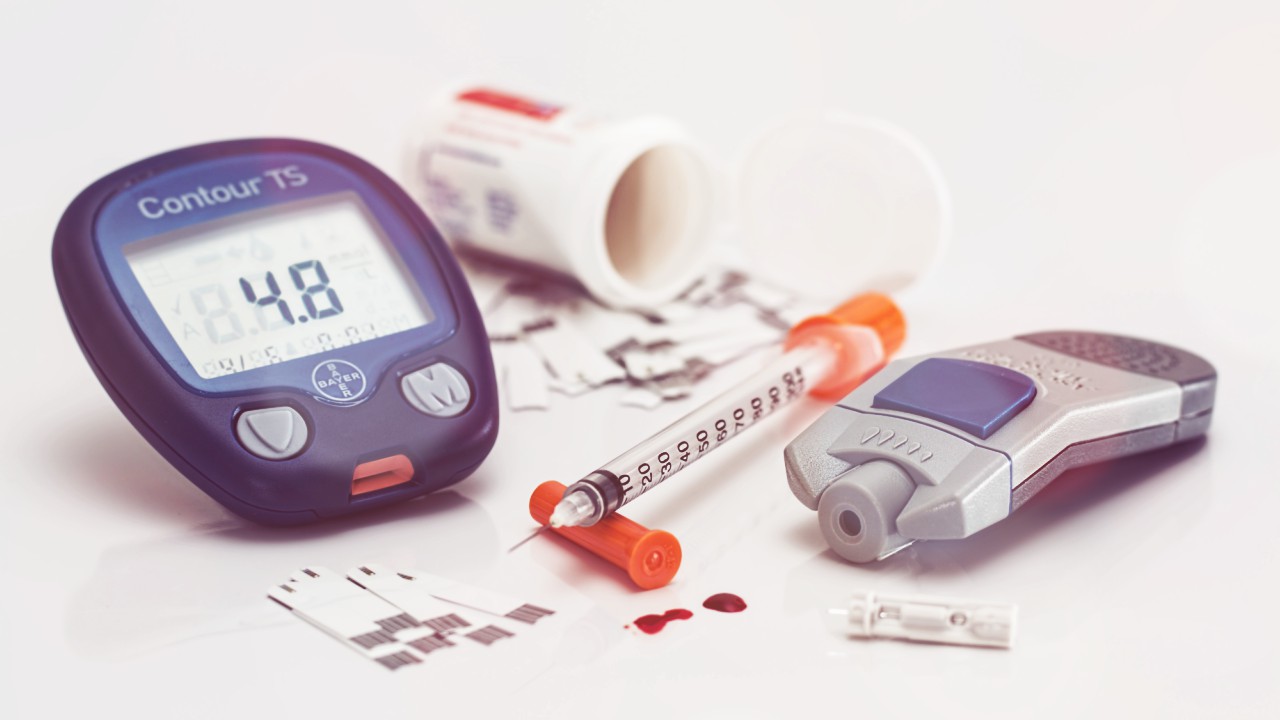Someone approached me about this the other day, and I could not provide an answer for her about what diabulemia is, so I decided to research things for myself to find out. I’ll share what I found with you.
When people (usually teenage girls) stop taking insulin, or take small amounts of insulin in order to lose weight, the result has been called diabulemia. This title was given tot the disease because of the binging of insulin that occurs. Although diabulemia is not technically a disease, I believe that it deserves attention, as it is a serious problem among teenage girls today.
The body needs insulin to convert sugar into useable energy. Therefore, without insulin, sugar does not properly enter the body. We all know that blood sugars rise without insulin, which is all the excess sugar that was not converted into energy from insulin. With all of the extra sugar floating around in the blood stream, ketoacidosis develops. When ketoacidosis develops, the body stops converting sugars and carbs into energy and starts converting fat and proteins into energy. The sugar in the blood stream comes out in the urine, meaning that excess sugars leave the body and cause a person to lose weight.
When the body converts proteins and fats instead sugar, weight is lost. This is how everyone loses weight, but in diabetics, the high blood sugars and lose of sugar through the urine is very dangerous.
The issue with diabulemia is the high blood sugar. As talked about in a previous post, consistently high blood sugars can lead to major problems later on in life.
Diabulemia is put into the same category as eating disorders. If you, or someone you know suffers from diabulemia, please talk to your doctor, or contact a clinic in your area that specializes in eating disorders.
For more information, look at these websites:
http://www.mayoclinic.com/health/diabulimia/AN01737
http://www.casapalmera.com/articles/diabulimia-symptoms-and-treatment/





Add a CommentComments
There are no comments yet. Be the first one and get the conversation started!